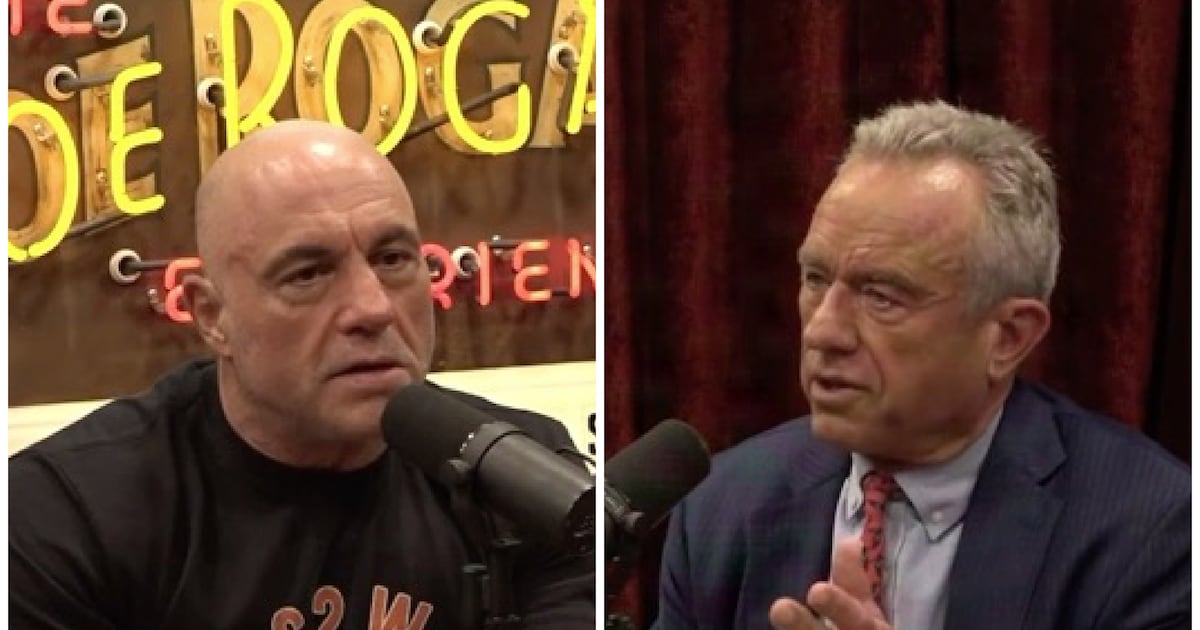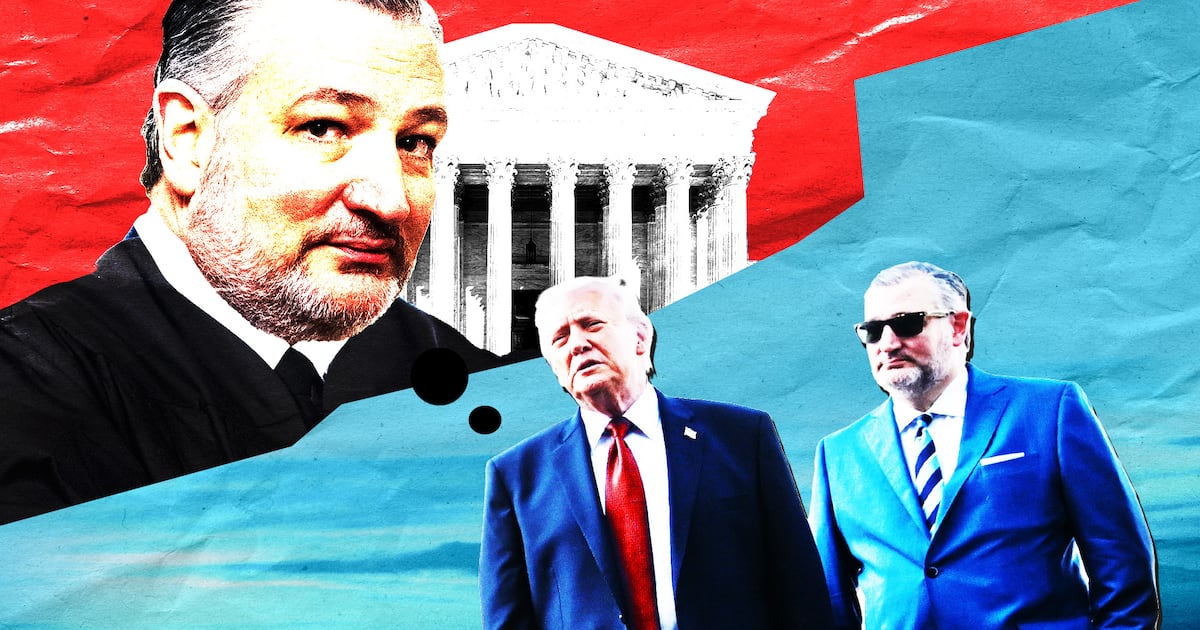The most amazing moment in Mrs. Doubtfire isn’t when poor Robin Williams is stuffed into his pantyhose and cumbersome padding beside a swimming pool on a hot day, or when his Mrs. Doubtfire “boobs” almost catch fire, or even—in the extended sequence that leads to his unmasking as the father to his children as well as their female Scottish nanny—when he dashes around a restaurant furiously getting in and out of drag.
It comes right at the end in a voiceover, and it is—for a Hollywood film—a radical ending in every way: an ending that does not see a husband and wife reunite, or a broken family glued back together. Instead, a new kind of mainstream movie family takes shape—two separated parents, united by their much-loved children.
And then, after that, Mrs. Doubtfire herself gives a speech that emphasizes the various definitions of what “family” can encompass.
The significance of this is in the film’s year of release: 1993 was in the white heat of the culture wars, the year after arch-homophobe Pat Buchanan addressed the Republican National Convention to tell the assembled that the agenda that Bill and Hillary Clinton “would impose on America—abortion on demand, a litmus test for the Supreme Court, homosexual rights, discrimination against religious schools, women in combat—that’s change, all right. But it is not the kind of change America wants. It is not the kind of change America needs. And it is not the kind of change we can tolerate in a nation that we still call God’s country.”
Bill Clinton took the oath of office in January 1993, and the hopes of gay men and women were as high as the anti-fervency of bigots was toxic. In the spring, the March on Washington for Lesbian, Gay, and Bi Equal Rights (LGB had yet to acquire a T or any other letters of marginalized groups) and Liberation attracted around a million participants.
A manifesto of demands called for lesbian and gay legal equality in all areas of life. As the equality movement found a renewed focus and determination, so its opponents ratcheted up their efforts to scupper it.
Pop culture would play a vital role in putting lesbians and gay men on the big and small screens, into the hearts and minds of middle America. Pre-combination therapies, AIDS was still exerting its decimating effect, with all the extra bigotry around that.
Surprising as it may sound now—with gay characters, gay storylines, and even a lineage of gay TV series—lesbian and gay representation on film and in TV was so scarce that it merited comment. The year Mrs. Doubtfire was released, so was Philadelphia, in which Tom Hanks played a gay lawyer (his partner was played by Antonio Banderas) dying of AIDS.
The political and cultural climate was shifting, but gingerly. This was years before Queer as Folk and The L Word. Gay characters had notably appeared on thirtysomething and Roseanne, but it would be another four years before Ellen DeGeneres came out.
The big screen offered more vistas of representation than TV at that moment. Go Fish (1994) was a breakthrough lesbian movie. Mrs. Doubtfire was the first in a mini-tranche of films featuring cross-dressing gay and straight men, including The Adventures of Priscilla: Queen of the Desert (1994) and To Wong Foo, Thanks for Everything! Julie Newmar (basically, the American Priscilla, 1995), and The Birdcage—Hollywood’s version of La Cage aux Folles—in 1996, with Williams playing Armand, the longtime partner of Nathan Lane’s Albert.
But it was Mrs. Doubtfire that fired the intriguing and moving opening salvo, and it was squarely down to Williams’ inspired and sensitive performance that it succeeded. Williams’ drag transformation is overseen by a gay couple: Harvey Fierstein, playing Williams’ brother Frank, and Frank’s boyfriend, Jack, played by Scott Capurro.
We believe Williams as both a beaten-down dad and big-hearted Scottish nanny. We fall for Mrs. Doubtfire as Mrs. Doubtfire, not because of an extended man-in-drag joke. Just like Sally Field and the children at the end of the film, we’re sad when the game is up, because that means we won’t see any more of her.
By the end of the film, Mrs. Doubtfire (Daniel) has been exposed as a man, Field, as Daniel’s wife, Miranda, has done her nut, furious that her husband has been masquerading as Scottish nanny Euphegenia Doubtfire. But their children want Mrs. Doubtfire back, and Miranda does too and relents, and Daniel is allowed to spend as much time with the children as he likes. His drag has now become a full-time work uniform: His wise and warm Mrs. Doubtfire has become a children’s TV star.
As the children head somewhere with their civvies-clad dad, Miranda watches an episode of Mrs. Doubtfire’s show, in which the nanny, with her soft Scottish lilt, is addressing a young girl called Katie, whose parents are separating:
“Some parents, when they get angry, they get along much better when they don’t live together. They don’t fight all the time, and they become better people and much better mummies and daddies for you.
“And sometimes they get back together, and sometimes they don’t, dear. And, if they don’t, don’t blame yourself. Just because they don’t love each other anymore doesn’t mean they don’t love you.”
That, in itself, is wonderfully holistic and sane. Then Williams’ character continues: “There are all sorts of families, Katie. Some families have one mummy, some families have one daddy, or two families. Some children live with their uncle and aunt, some live with their grandparents. Some children live with foster parents.”
Of course, Mrs. Doubtfire doesn’t mention lesbian and gay families. In 1993—how far we have come in 20 years—this was seen as too blatant. But still, this is the pivotal moment in a Hollywood family-focused film, and the film’s crescendo is to atomize the received notion of “the family,” freeing it, opening it up.
Mrs. Doubtfire continues to say that some families live geographically dislocated in relation to each other or don’t see each other for long periods of time: “But if there’s love, dear, those are the ties that bind, and you’ll have a family in your heart forever.”
And again, there in the final frame, we absolutely buy the male lead of a Hollywood movie, dressed as an old lady, laying out an alternative vision of family life. The honesty of the sentiment, the refusal to capitulate to Hollywood audience expectations, was as impressive as Williams’ deft acting.
He showed this again in The Birdcage. The humor is broad in this movie—gay couple, one a drag queen, must play it straight when their son’s fiancé’s very conservative parents come to visit—but Williams again delivers a moving, grounded performance as the butcher-acting partner of Lane’s Albert.
The temptation here would be to make Lane the laughed-at foil, but what Williams made clear in his performance throughout the film, amid the belly laughs, was how much Armand loved Albert, and with Lane, the depth and meaning of the couple’s devotion.
Most recently, Williams played a man in advancing years coming to terms with his homosexuality in the movie Boulevard, which premiered at this year’s Tribeca Film Festival. Variety noted that “this is one of the kindest characters Williams has ever played, which makes his self-imposed turmoil—the consequence of not wanting to hurt anyone, least of all his wife—all the more tragic.”
Williams himself was a supporter of LGBT rights—again, a long time before that became fashionable—and responded to rumors that he was gay not with hand-wringing or impatience but by noting he was a fan of “puss.” In 2004, he presented a special award at the GLAAD awards to then-San Francisco Mayor Gavin Newsom, for issuing same-sex marriage licenses. Williams was, in essence, naturally queer in the most embracing meaning of that word. When he told a joke like “We had gay burglars the other night. They broke in and rearranged the furniture,” it was done with the right kind of affection.
The most impressive thing about Williams is that with charm, rather than stridency, he became an ally of the LGBT community when it needed people like him. He did it naturally, not because he had to, not because he would gain anything from it, but because that was who he was and what he believed in. And it was a time when few straight Hollywood actors were doing the same.
His last words in Mrs. Doubtfire were the best of all. After the speech about all kinds of family, Mrs. Doubtfire goes back to reassuring Katie, the little girl who’s written to her. Mrs. Doubtfire’s words show why Williams himself was such a good ally: Here her simple, warm humanity asserts itself above the big politics of the preceding speech. “All my love to you, poppet,” Mrs. Doubtfire tells Katie. “You’re going to be all right. Bye bye.” Let’s hope that prophetic benediction holds ultimately true for LGBT communities, too.






